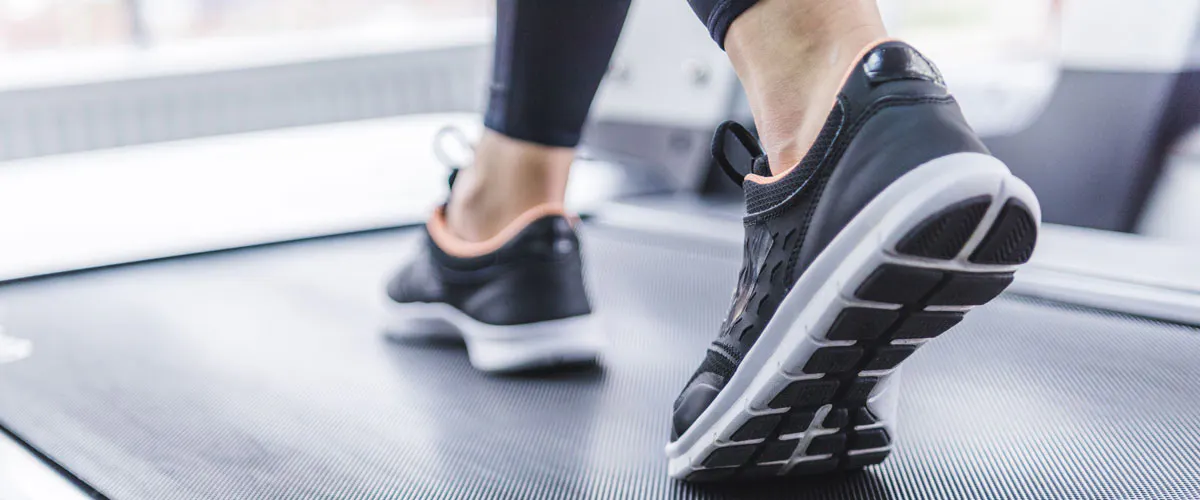Antigravity treadmill training improves muscle function in people with multiple sclerosis
Antigravity treadmill training can improve muscle endurance in people with multiple sclerosis (MS), even in the presence of moderate-to-severe disability, according to a new study by researchers at the University of Georgia and the Shepherd Center in Atlanta.
MS is a disease of the central nervous system that disrupts the flow of information between the brain and body, causing a variety of symptoms, including vision loss, pain, fatigue-impaired coordination and more.
Past studies have shown that endurance training can improve muscle function and mobility in people with MS. However, those with moderate-to-severe levels of disability have substantial mobility impairments that limit participation in traditional exercise activities such as walking, running, cycling and more.
Antigravity treadmills allow these individuals to exercise safely without the discomfort of overhead harnesses, which are typically used with body-weight supported treadmill training. The system uses a difference in air pressure between the upper and lower body to offset the person's weight.
"Antigravity treadmill systems use lower body positive pressure to deliver body weight support, providing a safe way for people with significant walking impairments to participate in treadmill exercise training," said Brad Willingham, an alumnus of the UGA Mary Frances Early College of Education and primary author of the study. "Using a multidisciplinary approach, we found that antigravity treadmill training can improve muscle metabolism and endurance in people with MS who have substantial impairments."
Conducted in collaboration with UGA's Exercise Muscle Physiology Lab in the department of kinesiology and the Andrew C. Carlos Multiple Sclerosis Institute at the Shepherd Center in Atlanta, the study analyzed six participants across 16 sessions consisting of a 2-minute warmup, a 20-minute exercise training period and a 2-minute cool down.
A series of 18 to 22 blood pressure cuff inflations were performed immediately after the exercise session to measure participants' muscle oxidative capacity or their recovery of oxygen consumption and their preservation of muscle contraction intensity. Generally, higher oxidative capacities are found in healthier muscles.
"Consistent with previous studies, we found that increases in muscle oxidative capacity were accompanied by increases in muscle endurance," said Willingham, who is currently a postdoctoral research fellow at the National Institutes of Health. "Additionally, antigravity treadmill training improved muscle endurance by approximately 56% on average in leg muscles."
The observed improvements in muscle oxidative capacity and muscle endurance indicate that exercise training results in more fatigue-resistant muscles in people with MS. Furthermore, the results demonstrate the plasticity of muscles or the ability of muscles to adapt to the environmental conditions imposed on them in people with MS who have significant walking impairments.
Published in the International Journal of MS Care, Willingham's article received the 2019 Herndon Award for Outstanding IJMSC Article, which recognizes the best article published in the journal during a given calendar year. The award is named in honor of founding editor Robert H. Herndon and carries a $1,000 stipend.
Other co-authors of the article include Kevin McCully, a professor in the department of kinesiology and director of UGA's Exercise Muscle Physiology Lab; Deborah Backus, the director of MS research at the Shepherd Center and adjunct assistant professor at Emory University; Jonathan Melbourn, a physical therapist and MS Research Fellow at the Shepherd Center; and Marina Moldavskiy, an exercise specialist and clinical research coordinator at the Crawford Research Institute and a research assistant at the Shepherd Center.
